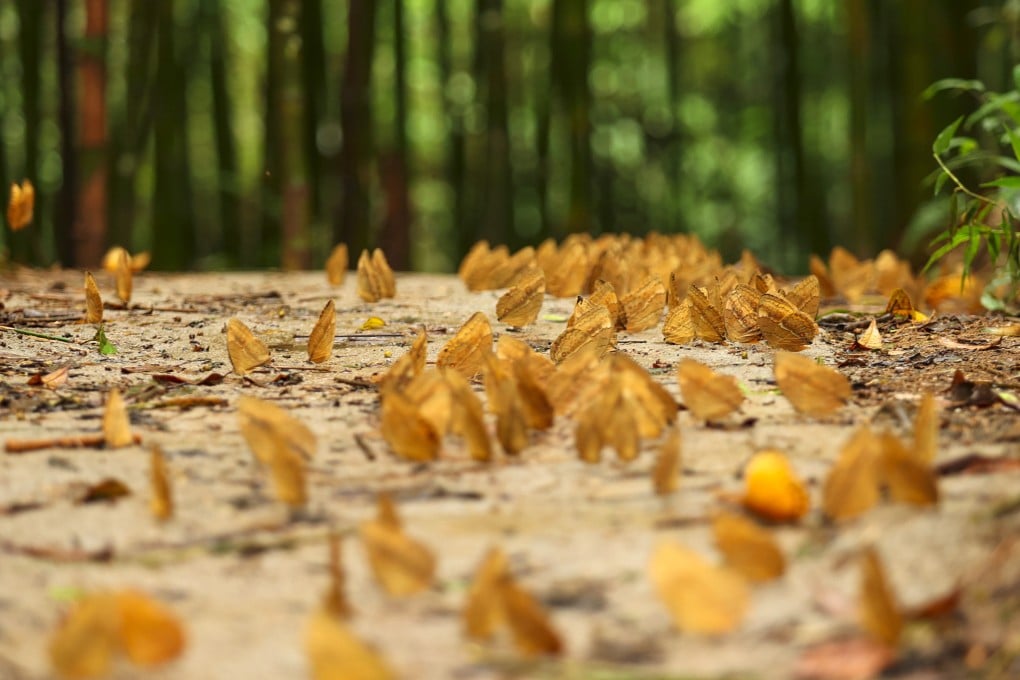Chinese-led study suggests extreme weather is helping invaders replace native animals globally
- Climate change is posing high risks to Earth’s biodiversity by favouring invasive species, scientists say
- Early prevention schemes could help curb biological invasions as the planet warms and improve sustainable policies

The study found that non-native animals were less sensitive to extreme weather events than their native counterparts, and that events such as heatwaves, cold spells, storms, floods and droughts might help invaders establish themselves and spread.
When combined with ongoing changes in Earth’s climate, invasive species pose even greater risks to biodiversity, the researchers said.
The researchers, from the Key Laboratory of Animal Ecology and Conservation Biology at the Chinese Academy of Sciences, and the University of Notre Dame in the US state of Indiana, published their findings in the peer-reviewed journal Nature Ecology & Evolution on Monday.
The new research follows previous studies which have shown that successful invasive species may outperform their native counterparts as they see more rapid growth rates, stronger competitive abilities, increased tolerance to environmental disturbances, and quicker recoveries and proliferation than native animals.
The researchers cited previous studies, including one in the Rio Minho estuary in Portugal where native fish declined after extreme droughts and floods. The water then saw a few groups of invasive fish species expanding and dominating.
Another carried out in Sevastopol Bay on the southwestern tip of the Crimean Peninsula, found non-native crustaceans showed higher resilience to marine heatwaves than native species.
